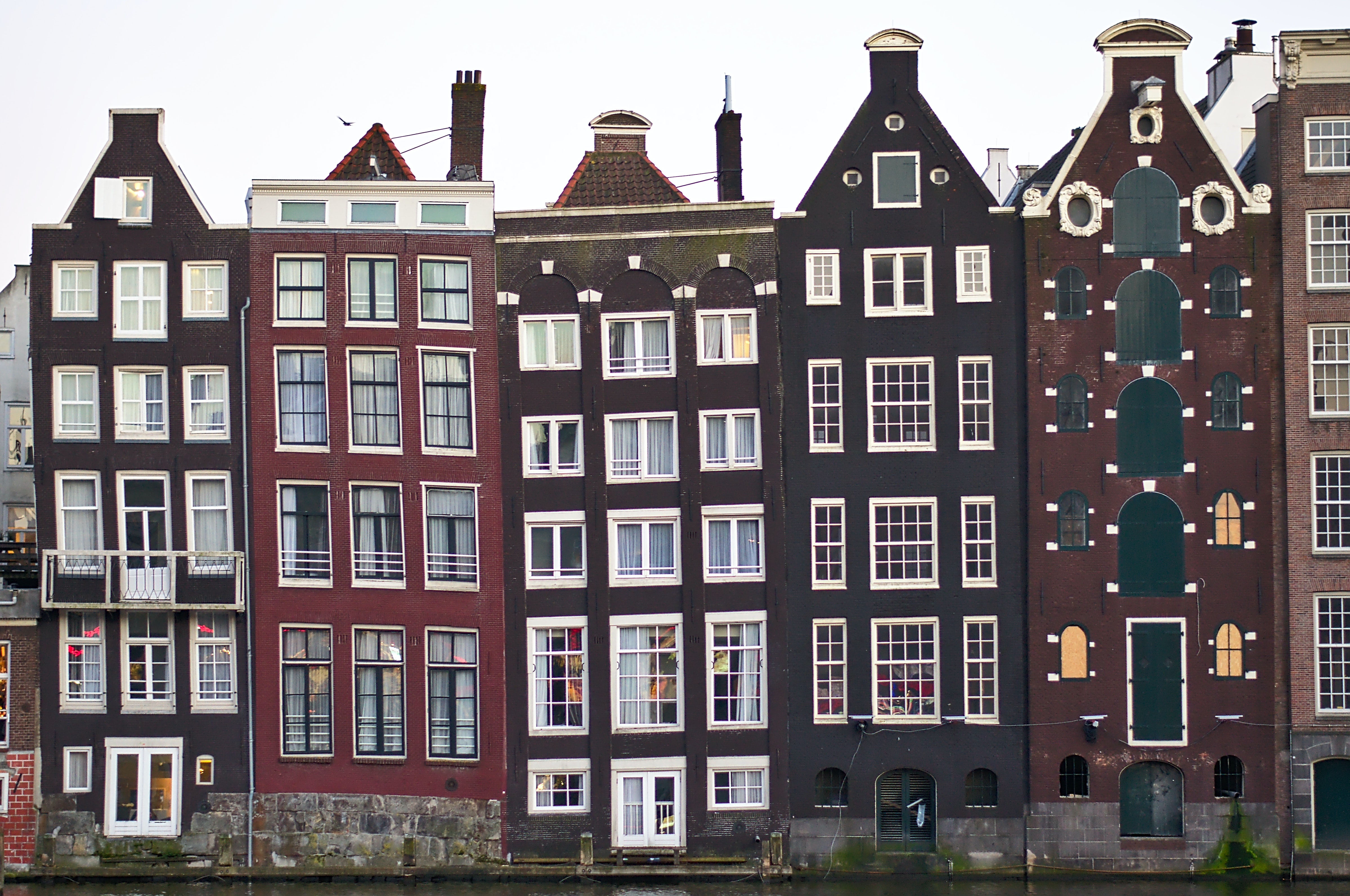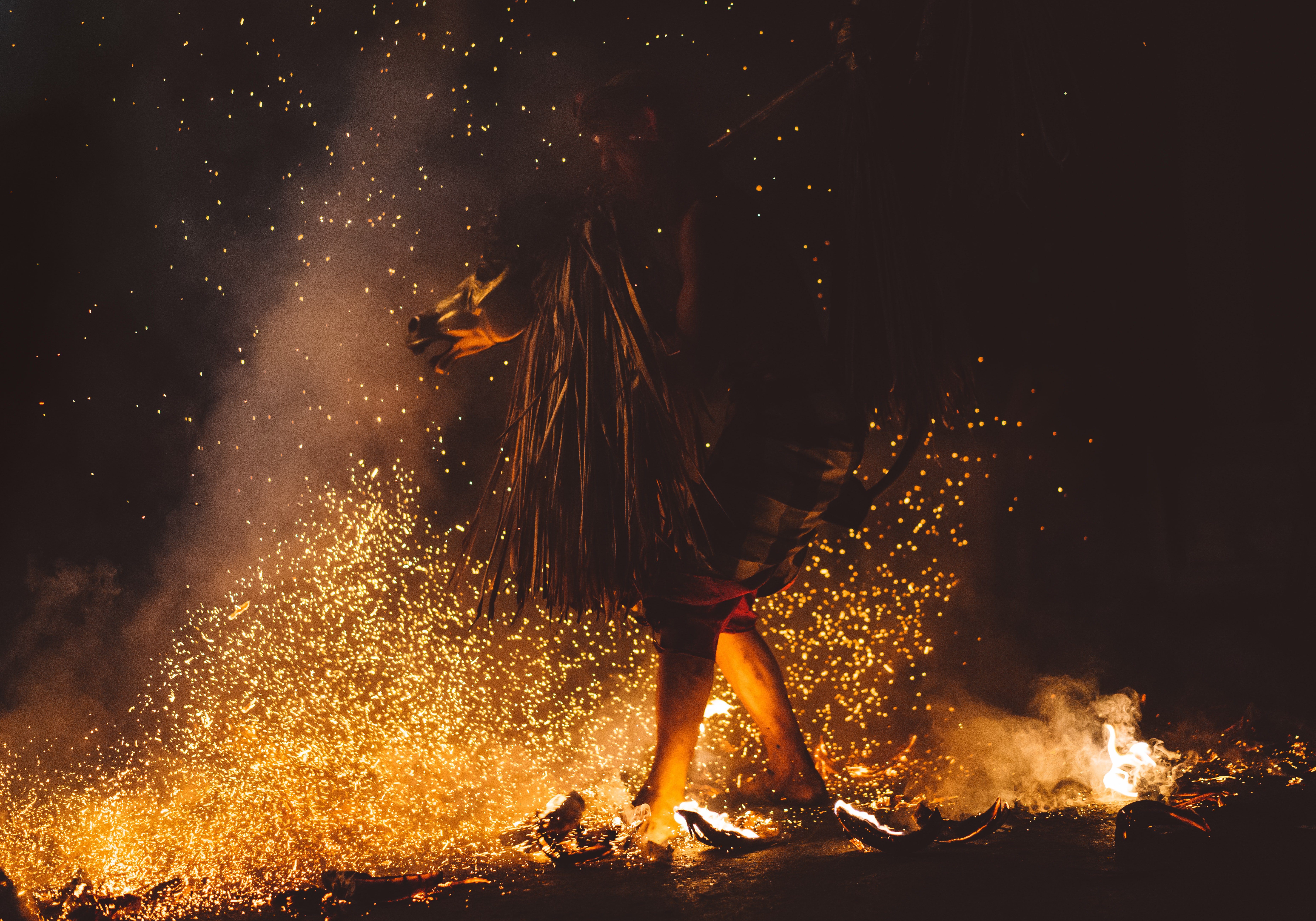As you begin your search for the perfect place to embark on your first ayahuasca journey, you find yourself wondering: Is ayahuasca legal?
That’s a logical question, coming from the Western context where psychotropic substances are definitely not legal.
One would think that ayahuasca would be slapped with the “illegal” sticker too; and in a roundabout way, it has been, which makes it much more difficult to search out reputable facilitators and shamans without traveling to Central and South America.
Understandably, many seekers called to an Ayahuasca experience may be wary about stepping into ceremony.
Is Ayahuasca Legal? Here's What You Need to Know
n,n-dimethyltryptamine, more commonly known as DMT, which is classified as a Schedule 1 drug.
Its structure is very similar to that of LSD or psilocybin, both of which were outlawed after a rise in recreational use in the 1960s and ’70s.  Most substances that produce hallucinogenic effects came under regulatory scrutiny around this time. However, the plants that contain DMT, and the MAO inhibitors that prevent the stomach from digesting it too quickly, were not outlawed by the 1971 Vienna Convention.
Most substances that produce hallucinogenic effects came under regulatory scrutiny around this time. However, the plants that contain DMT, and the MAO inhibitors that prevent the stomach from digesting it too quickly, were not outlawed by the 1971 Vienna Convention.
This is where it gets tricky.
Ayahuasca Legality in the USA and Canada
It’s not illegal to possess plants that contain the medicine. This includes:- psilocybin
- peyote
- san pedro
- ayahuasca (also known as yage), Banisteriopsis caapi and Psychotria viridis.
But the psychoactive components within them are.
B. Caapi contains MAO-inhibiting alkaloids, which serve to block the brain’s nature guardians that would otherwise prevent the psychoactive effect of Mother Ayahuasca from taking hold. P. Viridis, like quite a few other plants in the world, is rich in DMT — a substance also produced every day in our brains.
But because we spend our days flooded with MAO, we don’t feel it.
Practically, this means that within the United States, Canada, the UK, and other countries governed by the 1971 Vienna Convention, you aren’t breaking any laws until you turn the ayahuasca plants into a tea and consume the DMT they contain.
The lengthy preparation of the tea typically involves brewing the rope-like fibers of B. caapi and the leaves of P. viridis into a brew.
Some countries have prosecuted individuals in possession of the plants too, which results from the often vague and varied interpretations of the laws around DMT and plant medicine.
In the United States, it doesn’t take much searching to find ceremonies in New York, San Francisco, and Los Angeles, and the recent legalization of psilocybin in some cities, as well as the proliferation of research around using psychedelic experience as a therapeutic access for healing purposes, suggests that the legal landscape may change in the not so distant future.
For now in North America, there is just one way around the current legal restriction: to join a church.
Santo Daime and UDV churches
The Santo Daime and the Uniao do Vegetal, or UDV, have secured permission under religious freedom protection to work with Ayahuasca in their churches.
With established congregations in the United States and Canada, the UDV is certainly not a place for merely curious exploration, as they take plant medicine work very seriously. They are keepers of Ayahuasca ceremonies and ensure that The Sacred Vine has a place in North American culture.
Even so, in some European countries, members of ayahuasca churches have been arrested; although a successful court case has rarely been brought against the individuals, even the threat is enough to cause concern for safely working with ayahuasca even in the context of religious ceremonies.
For example, although the 2019 World Ayahuasca Conference took place in Spain, there is no statute specifically outlawing Ayahuasca and the legal landscape is murky at best.
The Netherlands, once a more permissive “grey area” country, recently passed a law officially outlawing the plants used to make Ayahuasca, which may impact the Santo Daime church.
So is Ayahuasca Dangerous?
In most cases, healers and shamans trust that the benefits of working with ayahuasca far outweigh the unpleasant physical effects it often can bring.
Still, the medicine does have a tendency to increase the participant’s heart rate and can be contraindicated for those with unchecked high blood pressure.
There are few records of ayahuasca or any other psychoactive substance actually being fatal on its own, but that doesn’t seem to impact decisions made by U.S. Supreme Court and other governing bodies to prohibit its use.
Because the tea creates a psychedelic experience and, like DMT, is considered a hallucinogenic drug, it can also be contraindicated for those under treatment for schizophrenia or other mental health disorders. 
It has proven difficult for researchers to show whether ayahuasca benefits or side effects are permanent since so much of the healing is dependent on the setting and ceremony in the traditional view, but it is still a risk and the effects of ayahuasca may be complicated by pre-existing conditions.
Ayahuasca Legality in Central America
Unsurprisingly, ayahuasca is absolutely legal in Latin American countries where the chacruna vine grows naturally and where there’s historic usage among indigenous peoples in the traditional lineage of shamanism.
These countries are: Brazil and Ecuador (where a church operates around use of the medicine), and Peru and Colombia where indigenous peoples have worked with ayahuasca for hundreds of years, possibly longer.
The medicine has a long and well-established history of shamanic, religious, and curative use in ceremony. In fact, those who serve medicine in Peruvian circles are often referred to as curanderos (healers).
Costa Rica also doesn’t consider Ayahuasca illegal. And while neither is it specifically identified as legal, the heightening interest in plant medicine ceremonial experience among Europeans and North Americans has stimulated international tourism wherever it’s served, creating a niche market for Ayahuasca retreats in recent years. As such, at the moment, Costa Rica has become a hub for retreats and ceremonies for people from around the world.
In other Central and South American countries, Ayahuasca enjoys a “grey area” legality and there are reputable retreat centers that are far from hidden, offering public ceremony and healing work. Since the legality is unknown in these countries there is some risk of issues, particularly for those in possession of the plant medicine.
Ayahuasca Legality in Europe

In Europe, ayahuasca enjoys varying levels of legality in Italy, the Netherlands, Portugal, and Spain as well as in Ukraine.
In Romania, the medicine holds a limited legal status for research. As mentioned earlier, much of Europe affords ayahuasca healings protection in ceremonial religious contexts, such as the Native American Church and the UDV, but even these protections have come into question in recent years.
Even so, the potency of ayahuasca healings and the demand for the work keeps seekers and curanderos quietly holding ceremonies and retreats across the continent.
A quick search online will find you listings for ayahuasca experiences and retreats in many European countries including British opportunities despite the fairly stringent legal standing.
You can also find curanderos who travel through multiple countries, often stopping in Spain where policies are the most friendly towards the vine.
Ayahuasca Legality in Australasia
While growing the ayahuasca vine in Australia isn’t illegal, DMT is considered a Schedule 9, meaning that it’s prohibited.
However, there have been no known prosecutions for the possession or use of the medicine, and ceremonies have been advertised somewhat openly in Australia.
In Bali and Thailand, medicine ceremonies are held openly as well. Although the exact legal status is unclear, no information is readily available suggesting any prosecutions for possession or use of plant medicine in these countries.
Determine Your Own Comfort Level
Unfortunately, all of the legal grey areas mean that those seeking to work with ayahuasca must consider their comfort level with risk or, alternatively, travel to one of the countries where Mother ayahuasca has clear legal status.
If you make the choice to work with a shaman or facilitator in a country where DMT-containing plants are clearly prohibited, there’s a good reason to be discreet about sharing information about the participants, facilitators, and the center where the work is held to protect all involved.
Most of all, remember that the use of Ayahuasca and other plant medicine is a sacred rite and should be approached with respect for all involved and the traditions they carry.
Because plant medicine tourism is certainly on the rise, there is a lot of misinformation out there and there are an unfortunate number of people selling products of the Ayahuasca plant in the streets of many cities.
Be sure to do your research to find a well-established, reputable facilitators or shamans, and if you feel uncertain or unsafe, find a different opportunity. The medicine takes care of those who seek it from the heart!
If you’d like to learn more about the legality of working with plant medicine in nations governed by the 1971 Vienna Convention, you can read the U.N. report here.
